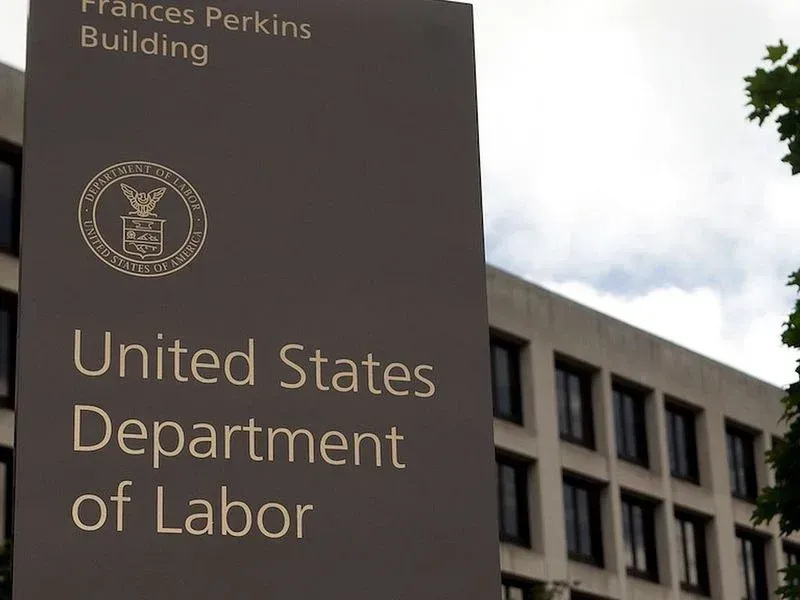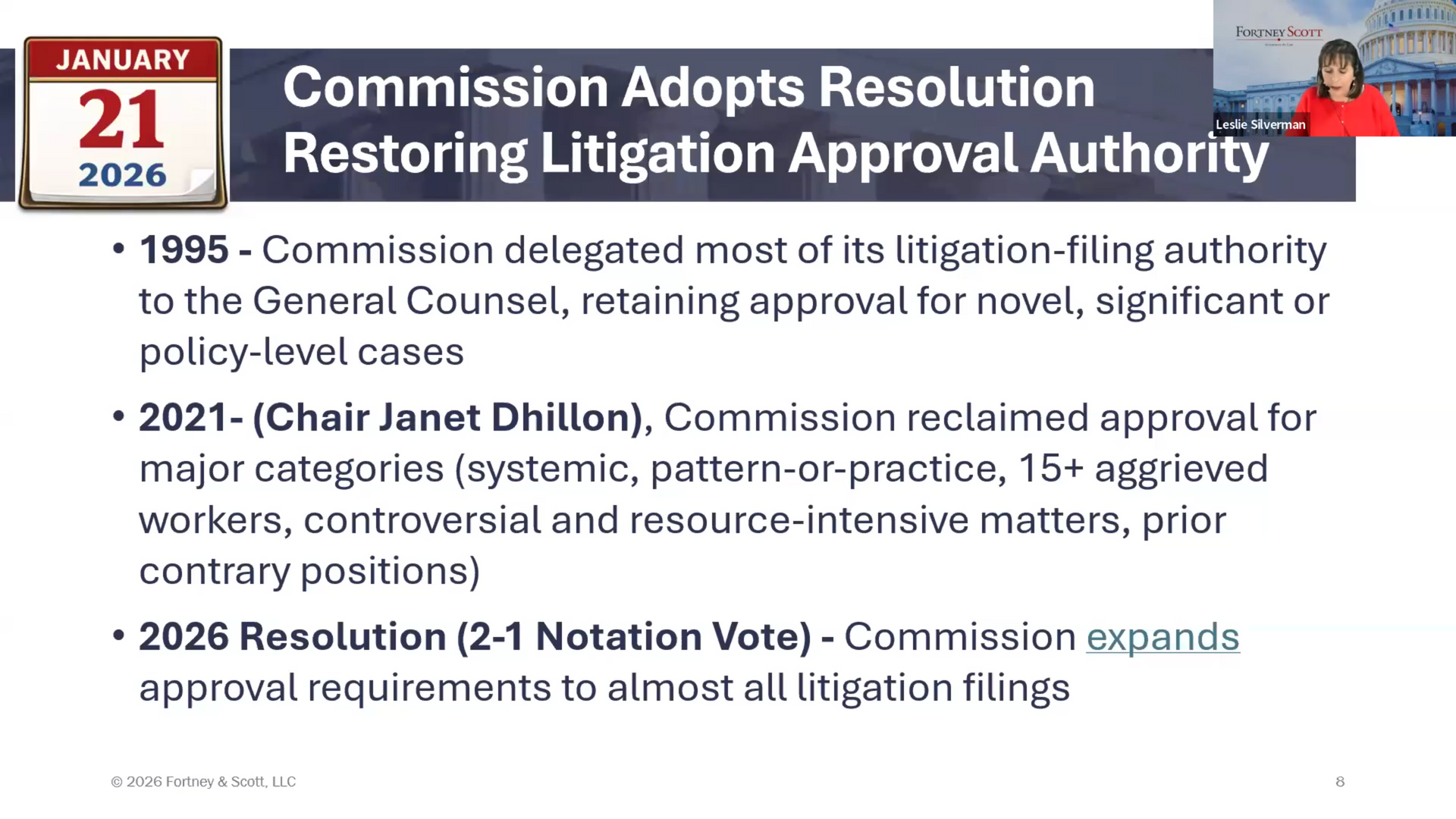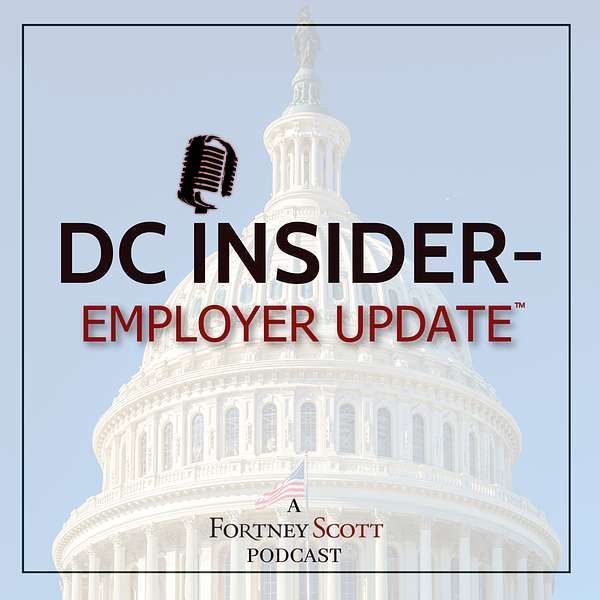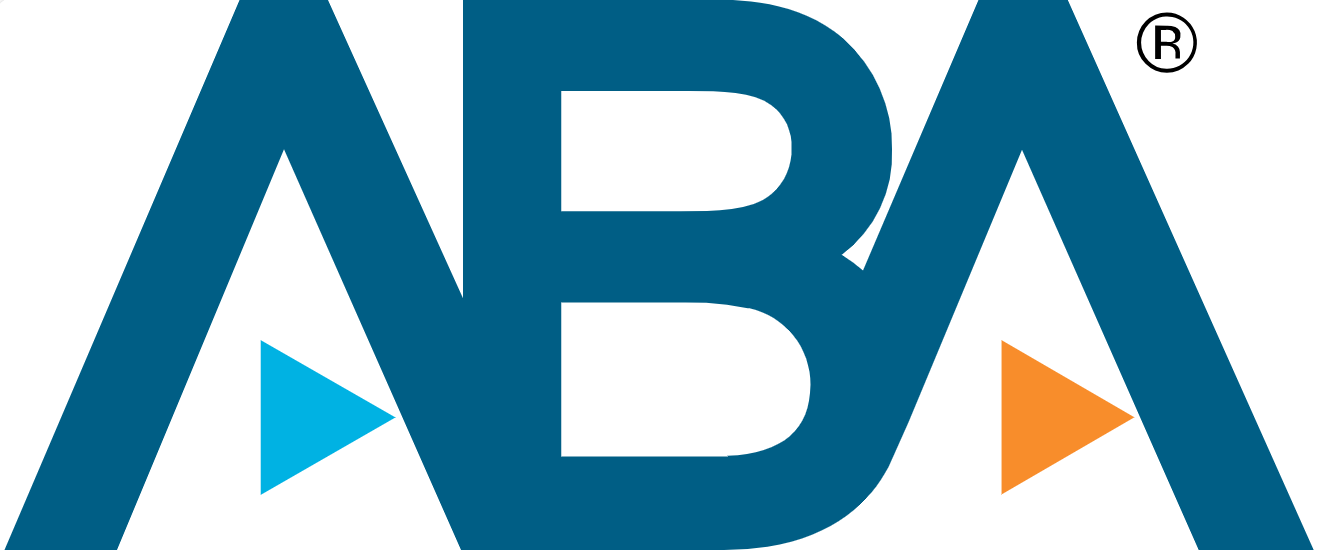DoD Issues new Other Transactions Guide
This week the Office of the Under Secretary of Defense for Acquisition and Sustainment (USD (A&S)) rescinded the January 2017 version of the Other Transactions (OT) Guide for Prototype Projects and issued a OT agreements (OTAs) are not Federal Acquisition Regulation (FAR)-based procurement contracts, grants, or cooperative agreements. As enunciated under the new OT Guide, OTAs are intended to utilize more commercial arrangements to accomplish particular projects. While OTAs are subject to certain laws and provisions, they are not required to comply with the full panoply of procurement laws and regulations, such as the FAR and agency-specific supplemental acquisition regulations, applicable to FAR-based contracts.
Statutory authority for OTAs traditionally has been used to allow Department of Defense (DoD) to enter into agreements for new research, prototype development, and limited production. This also includes Technology Investment Agreements (TIAs). Revision of statutory authority has expanded the definition of non-traditional defense contractor (NTDC) and the use of OTAs to permit appropriate follow-on production agreements. DoD uses OTAs to access state-of-the-art technology solutions from traditional defense contractors, non-traditional defense contractors that do not typically engage in contracts with the federal government, consortia, or through teaming arrangements involving these or other types of entities.
The OT Guide provides a useful compendium of information on OTA authority, processes, administration and resources. It includes a set of definitions, mythbusters, authorities, as well as examples of OTA arrangements, to clarify for both Government and industry the nature and scope of OTAs.
Takeaways:
- DoD is seeking access to state-of-the-art technology solutions.
- OTAs provide one avenue through which NTDCs as well as traditional defense contractors, may be able to engage in research, prototyping, and appropriate follow-on production.
- OTAs are not cookie-cutter. The nature and scope of an OTA, as well as the terms, rights, and available remedies, are governed by the controlling statutory and policy provisions of the agency, and the negotiation and agreement of the parties. OTAs can be issued to an individual entity, team, consortium, or a combination of entities. It is wise to consider all aspects and options, including, for example, the nature of the problem; your proposed solution; terms for successful completion; the availability of your own, potential team members, and the DoD resources; cost-share and funding; and intellectual property rights needs, when seeking to work in this space.
Susan Warshaw Ebner , one of FortneyScott’s shareholders, has experience in OTAs and TIAs, as well as traditional FAR-based procurements, grants and cooperative agreements. If you have questions about this advisory, or seek assistance with regard to these types of transactions, please contact Susan Warshaw Ebner or your FortneyScott counsel.















